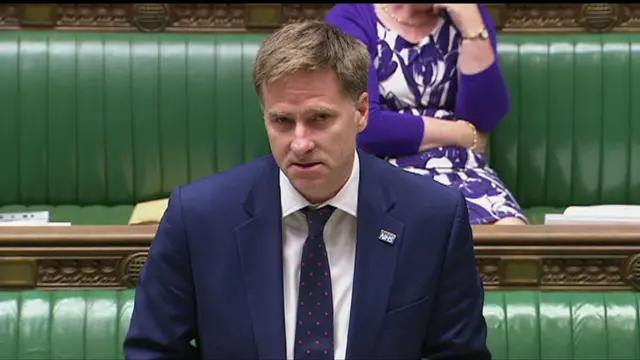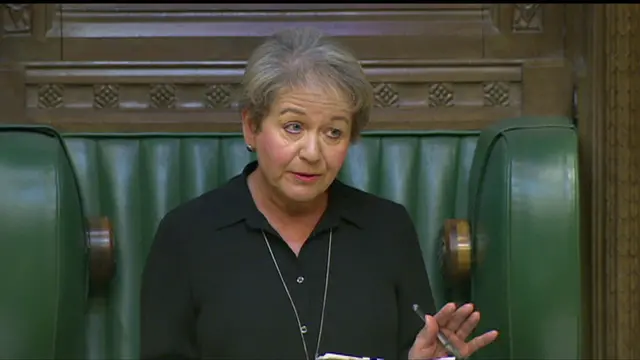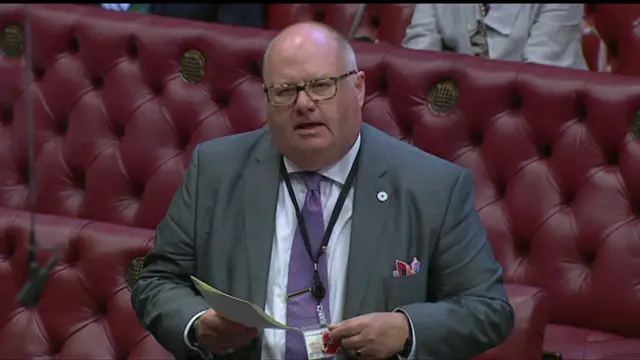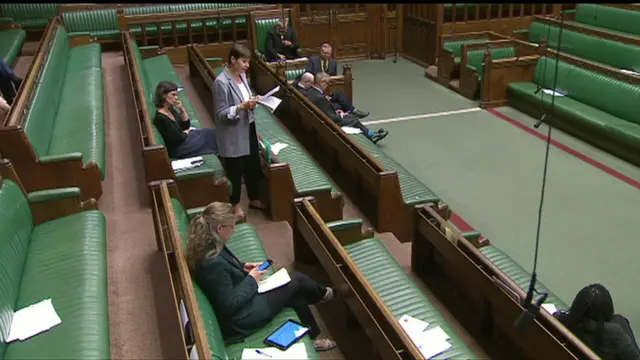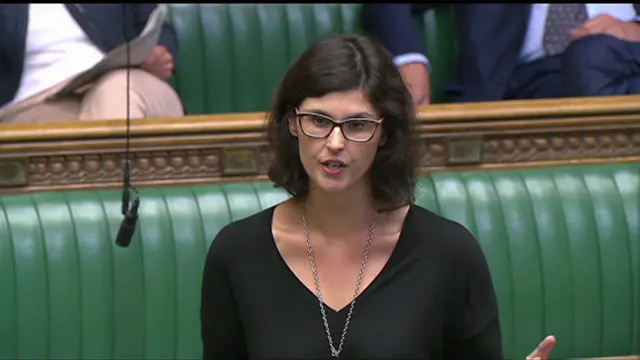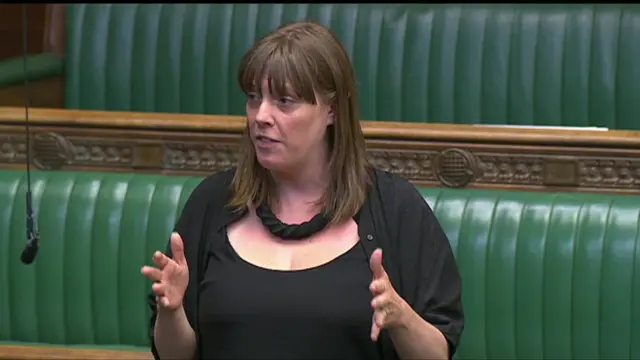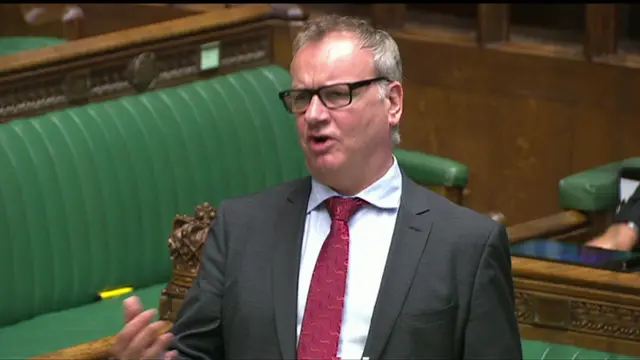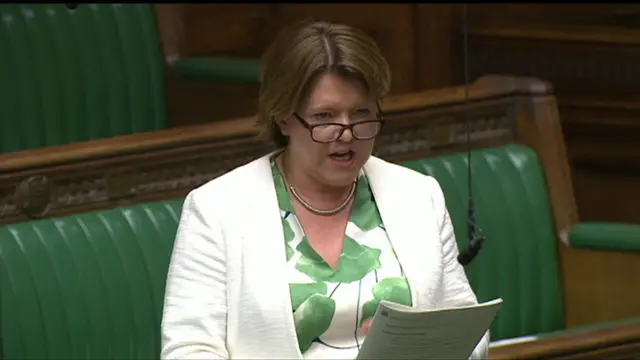Smoking 'huge challenge' for governmentpublished at 15:51 BST 19 July 2018
Tobacco Control Plan
 House of Commons
House of Commons
Parliament
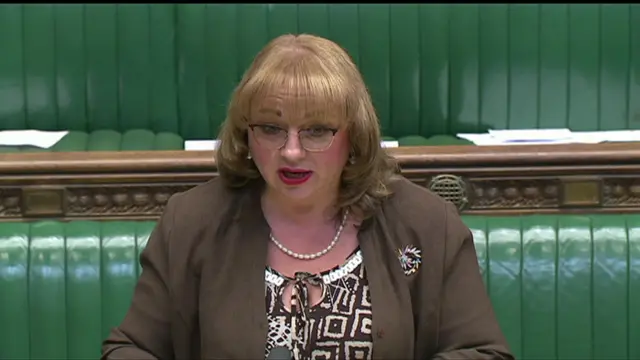 Image source, HoC
Image source, HoCShadow public health minister Sharon Hodgson says smoking is a "huge challenge" for government, especially when looking to tackle the number of people that smoke during childhood.
She asks "with local smoking services on their knees how can the government meet targets for quitting?"
She says ambitions to reduce smoking in pregnancy are "unlikely to be met without urgent action".
Ms Hodgson says she welcomes the minister's targets, but asks how the government will help younger women and women from disadvantaged backgrounds stop smoking during pregnancy.
